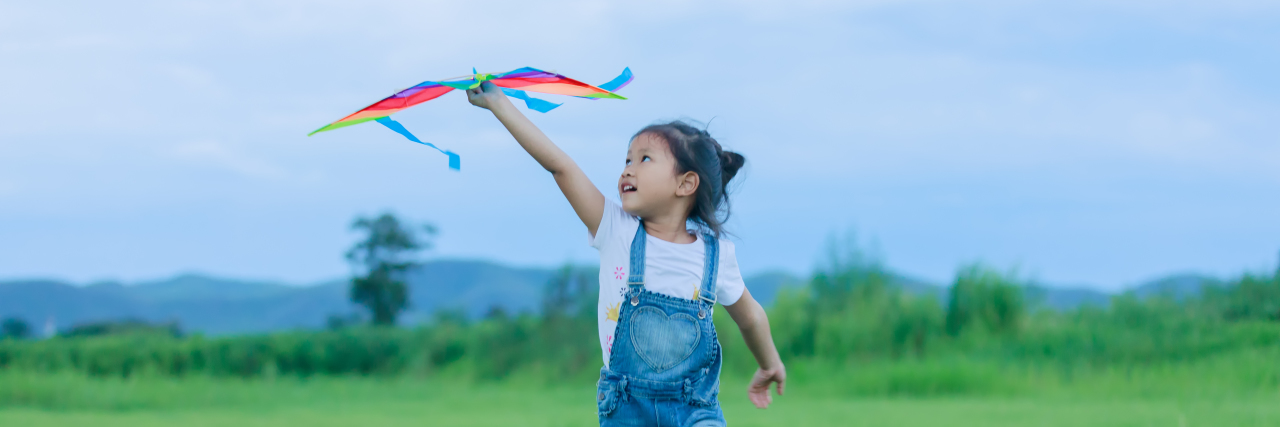My mum recently saw Stroke Odysseys, a dance production featuring both able-bodied dancers and dancers who have had strokes. The show aims to “explore intertwined journeys of recovery from stroke, and asks how we ever recover from brain injury or how we remember who we are.” I was pleased to hear my mum had enjoyed the production and found it moving. I believe any honest attempt to increase public awareness and understanding of disability can only be positive, especially when the show actually features disabled people instead of people “disabling up” by pretending to have a disability when they really don’t.
One particular thing from our conversation about the show that stood out to me was that some of the performers said in their dreams they were able-bodied again. Unsurprisingly, my mum asked me if I also experience this.
I have right-sided hemiplegia, a form of cerebral palsy, from brain damage at birth. Although I can walk, it is noticeable and does have an impact on my life and how I am perceived and treated. There are still moments when I forget I’m disabled, but then I’ll walk past a full-length mirror or someone will stare at me pitifully for a fraction too long and I’m bought back to reality.
Fortunately, my dreams tend to be more exciting and less depressing than reality. Often I’m a superhero that can fly or a spy on the run! I don’t remember any of the mundane dreams I have and couldn’t definitively say whether I limp in them or not, but if I had to guess I’d say no. Like the me in my more interesting dreams, the way I see myself in my head (most of the time) is as a strong, independent woman who will conquer the world and won’t be stopped by a physical impairment.
Because I’ve always limped, to me it is just what it is. I haven’t had to deal with the trauma of losing a part of myself like individuals who become less able later in life. It isn’t something I tend to dwell on or a loss I mourn in my sleep. In some twisted way I guess that makes me fortunate, but then again, I feel the systemic discrimination people with disabilities are subjected to has irreversibly, negatively affected my self-esteem and personality. Growing up without any role models in able-bodied world is hard and forces you to develop resilience. We need to see more people with disabilities on TV and more performances that represent our experiences. Until then, our opportunities in life will continue to be restricted as most able-bodied people just aren’t being exposed to or educated about us.
In my dreams there is no glass ceiling and my opportunities are endless. One day I believe this could become reality if we actively demand to be noticed and help societies develop for the better. Disabled people are the largest marginalized group. If we unite, our issues will have to be taken seriously, adaptations will be have to be made to empower us and we will be free like we can be in our dreams.
Getty image by Tui PhotoEngineer.

